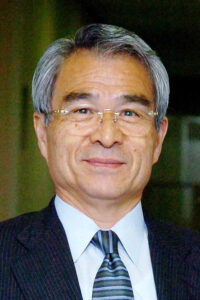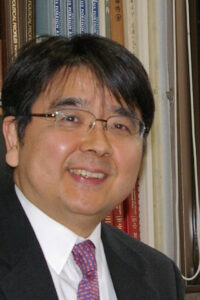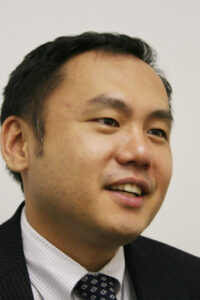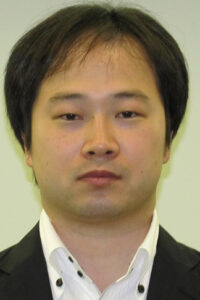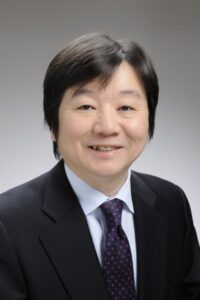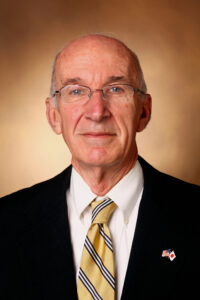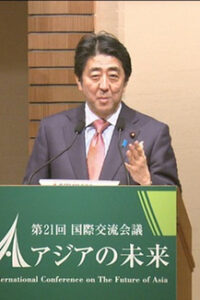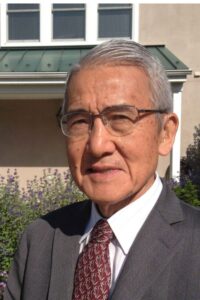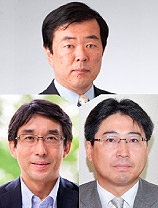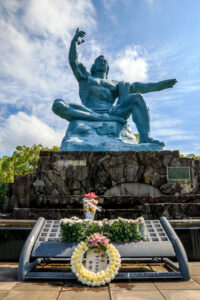
Kumagai Shinichiro: The coming summer will be the seventieth since the United States dropped an atomic bomb on Hiroshima and Nagasaki. The Parties to the Treaty on the Non-Proliferation of Nuclear Weapons (NPT) held the latest Review Conference from April to May this year according to its interval of five years, but it produced no agreement on the final document. First of all, please tell us about your impression of the Review Conference.
TAUE Tomihisa: The fact that the Review Conference produced no agreement on the final document disappointed me deeply. About 100 citizens from Nagasaki took part in the conference
]]> ... [Read more]
